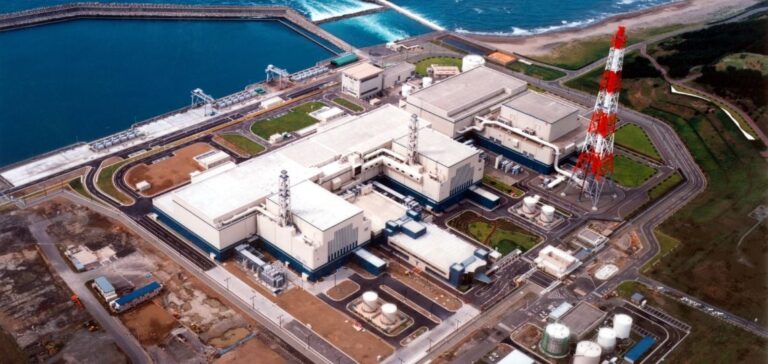The restart of the Kashiwazaki-Kariwa nuclear power plant is a strategic issue for Japan, as the country seeks to stabilize its energy supply while reducing its dependence on fossil fuels.
Operated by Tokyo Electric Power Company (TEPCO), the plant has remained closed since 2012, following the Fukushima disaster.
Safety flaws discovered in 2021 have exacerbated mistrust of the nuclear industry, leading to a tightening of safety measures under the supervision of the Nuclear Regulatory Authority (NRA).
Recent incidents, linked to shortcomings in access management and anti-terrorism measures, illustrate the challenges TEPCO faces in restoring public confidence and meeting regulatory requirements. The NRA imposes continuous inspections, making the timetable for reactivating the reactors uncertain, despite the progress made.
Political and economic issues
The reactivation of Kashiwazaki-Kariwa is crucial for the Japanese government, which is facing increased economic pressure due to rising energy costs.
Prime Minister Fumio Kishida is seeking to strengthen the country’s energy security by reintegrating nuclear power into the national energy mix, while meeting carbon emission reduction targets.
However, this initiative requires not only the approval of local authorities, notably the Governor of Niigata, but also the broader support of the population, still scarred by memories of Fukushima.
The situation remains delicate, with considerable political stakes on the eve of important elections.
The reactivation of the plant could represent an asset for the government, but the potential fallout from a new incident compromises the initiative.
Moreover, Japan finds itself in a tense global energy context, where the reliability of domestic energy sources is becoming a strategic priority.
International Reactions and Debates
International reactions to the revival of the Kashiwazaki-Kariwa plant have been mixed.
While some economic players see the reactivation as a positive signal for the global nuclear industry, others are raising persistent safety concerns.
Specialist media outlets are highlighting the technical challenges that remain, as well as the need to strengthen safety protocols to prevent any further breaches.
At the same time, observers note that the success or failure of this project could influence the energy policies of other nations, particularly at a time of global energy transition when nuclear power is once again being debated.
Japan’s geopolitical and economic position puts it in the spotlight as it attempts to reconcile energy security with social stability.
Perspectives and technical obstacles
Despite TEPCO’s efforts to remedy the safety problems, the restart of the Kashiwazaki-Kariwa reactors is not assured.
The NRA, in charge of oversight, imposes strict requirements before any reactivation, including regular in-depth inspections.
Local authorities remain cautious, demanding concrete guarantees before granting their approval.
On the technical front, TEPCO has yet to demonstrate the reliability of its infrastructure and the robustness of its safety systems.
The timetable for restarting the plant remains uncertain, and any further delay could reinforce the reluctance of the public and political decision-makers.
Beyond local issues, the outcome of this process will have major repercussions on the future direction of Japan’s energy policy.






















